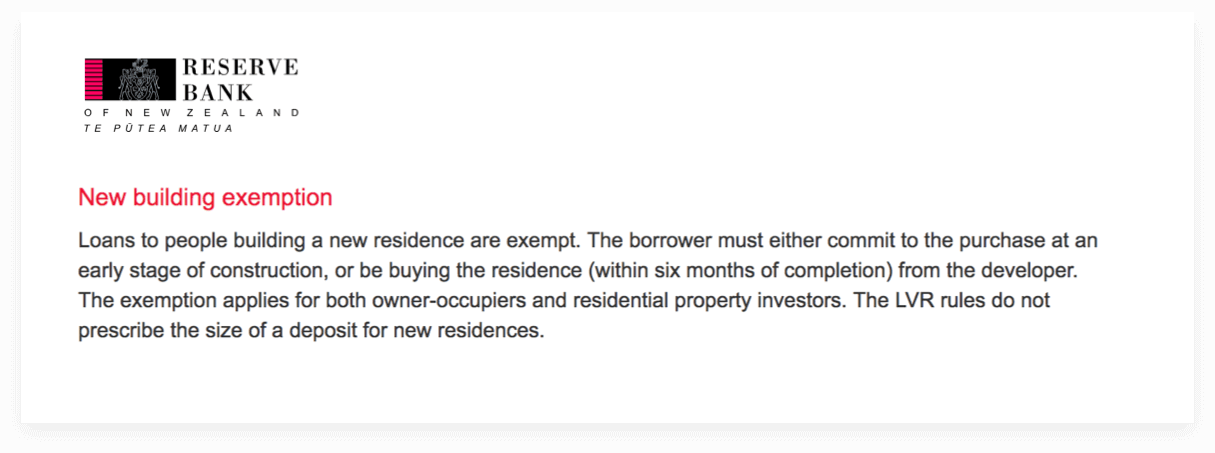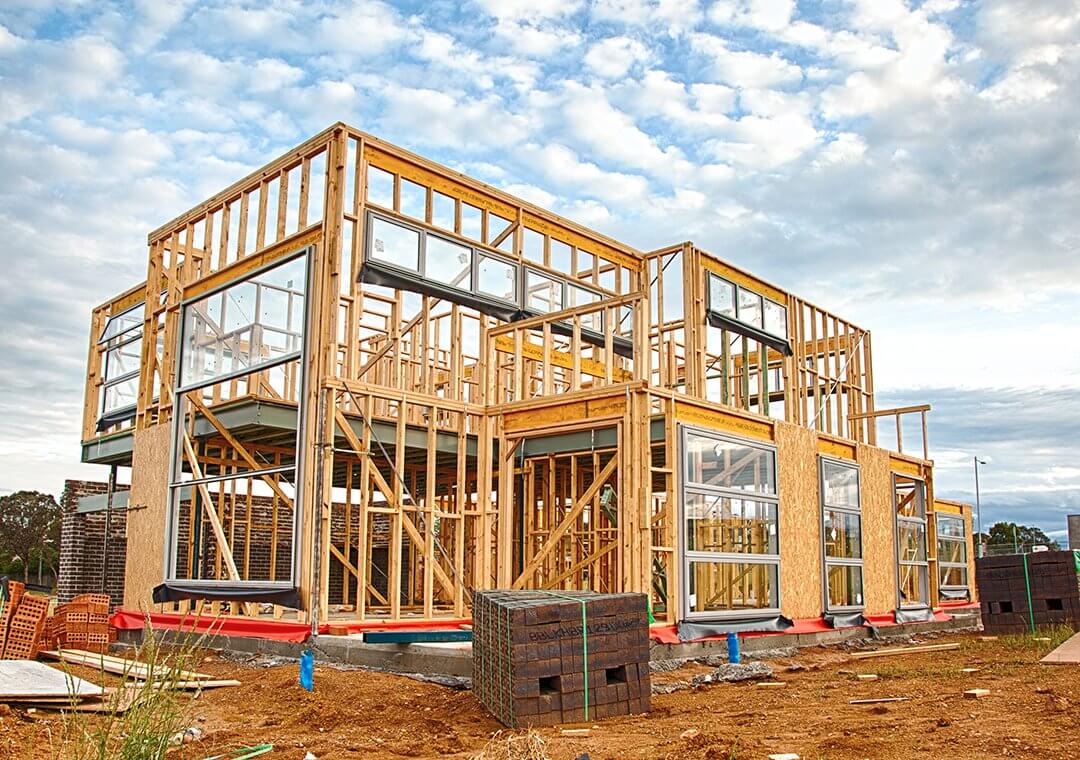Financing a new build can be a real minefield, and there’s no easy answer to this question.
One thing is certain: paying a large deposit before building even begins is never a good idea. The construction industry is notorious for delays – and why should your hard-earned cash be used to finance other projects while you’re stuck waiting ground to be broken on your new home?
The real question is how to finance your home during construction – should you make progress payments, or pay at the end?
The newspapers will show you that there’s always a risk of your builder going bust, leaving your precious new home half-built, which may well discourage you from paying in instalments.
Some builders will offer a ‘turnkey’ contract, which means that you won’t pay for your new home until you collect the keys on the finished building. You’ll still have to pay a deposit to secure the property, but this may be held in escrow by the lawyers during construction.
But turnkey contracts aren’t always available, and they do have their drawbacks – since there’s a big gap between agreeing to the purchase and paying for it (usually six to nine months), there’s a risk that your lender will withdraw finance before the house is completed.
How can this happen? Well, a home loan offer is usually valid for 60 –
90 days, after which you’ll need to reaffirm your financial position. If your circumstances change during construction, your bank could pull the funding and leave you with a contract you can’t fulfil.
This conundrum is enough to put many people off building altogether – but don’t despair, very few new builds end in disaster! Be sure to take proper legal advice (essential) and get a good mortgage broker on your team to help you structure your purchase and finance appropriately.



